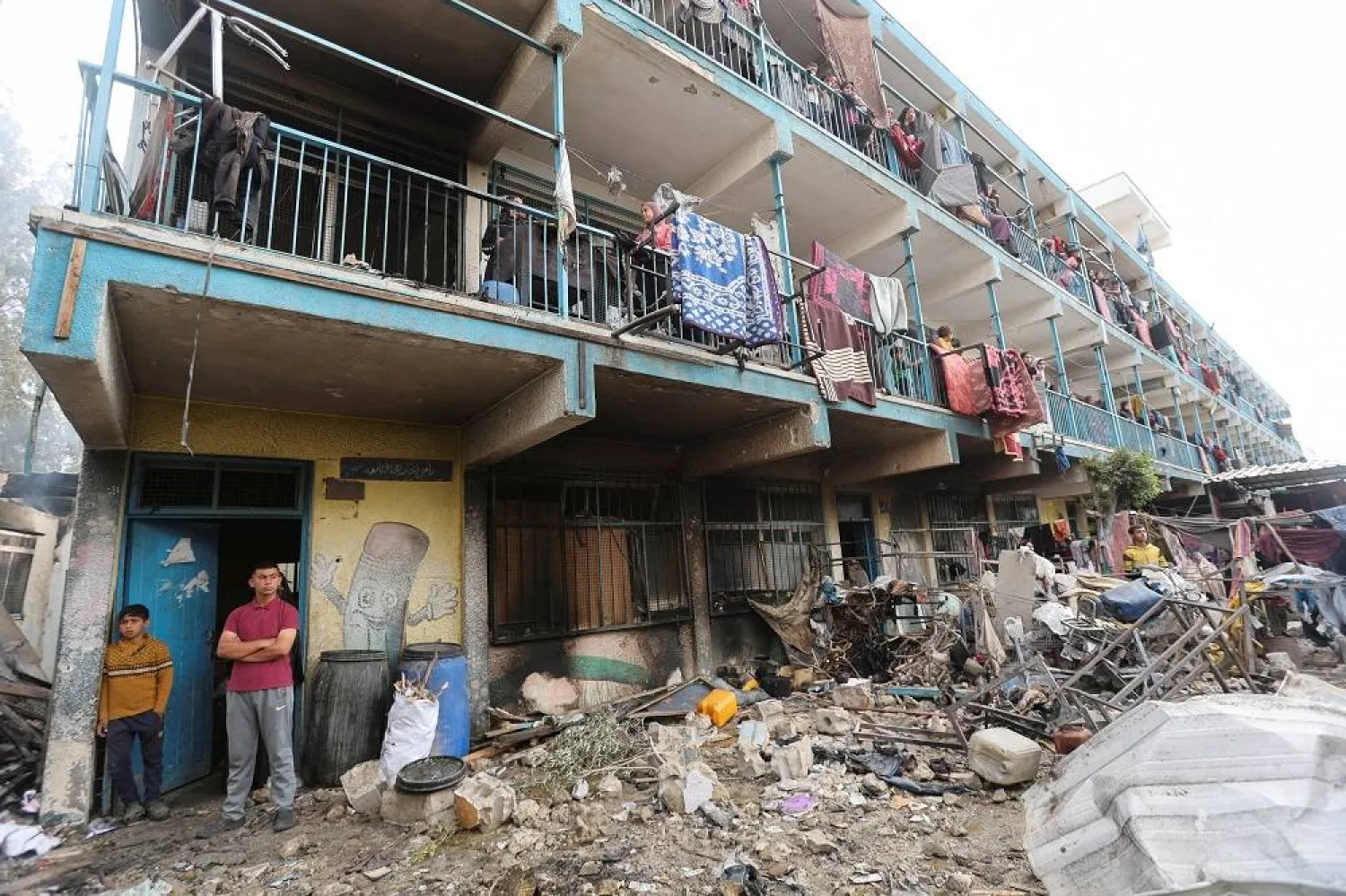The World Health Organization voiced full confidence in Gaza Ministry of Health death toll figures on Tuesday, saying they were actually getting closer to confirming the scale of losses after Israel questioned a change in the numbers.
Gaza's health ministry last week updated its breakdown of the total fatalities of around 35,000 since Oct. 7, saying that about 25,000 of those have so far been fully identified, of whom more than half were women and children.
This sparked allegations from Israel of inaccuracy since Palestinian authorities had previously estimated that more than 70% of those killed were women and children. UN agencies have republished the Palestinian figures, which have since risen above 35,000 dead, citing the source.
"Nothing wrong with the data, the overall data (more than 35,000) are still the same," said WHO spokesperson Christian Lindmeier at a Geneva press briefing in response to questions about the toll. "The fact we now have 25,000 identified people is a step forward," he added.
Based on his own extrapolation of the latest Palestinian data, he said that around 60% of victims were women and children, but many bodies buried beneath rubble were likely to fall into these categories when they were eventually identified.
He added that it was "normal" for death tolls to shift in conflicts, recalling that Israel had revised down its own death toll from the Oct. 7 Hamas attacks to 1,200 after checks.
"We're basically talking about 35,000 people who are dead, and really every life matters, doesn't it?" Liz Throssel, spokesperson for the UN human rights office, said at the same briefing.
"And we know that many and many of those are women and children and there are 1,000s missing under the rubble."









